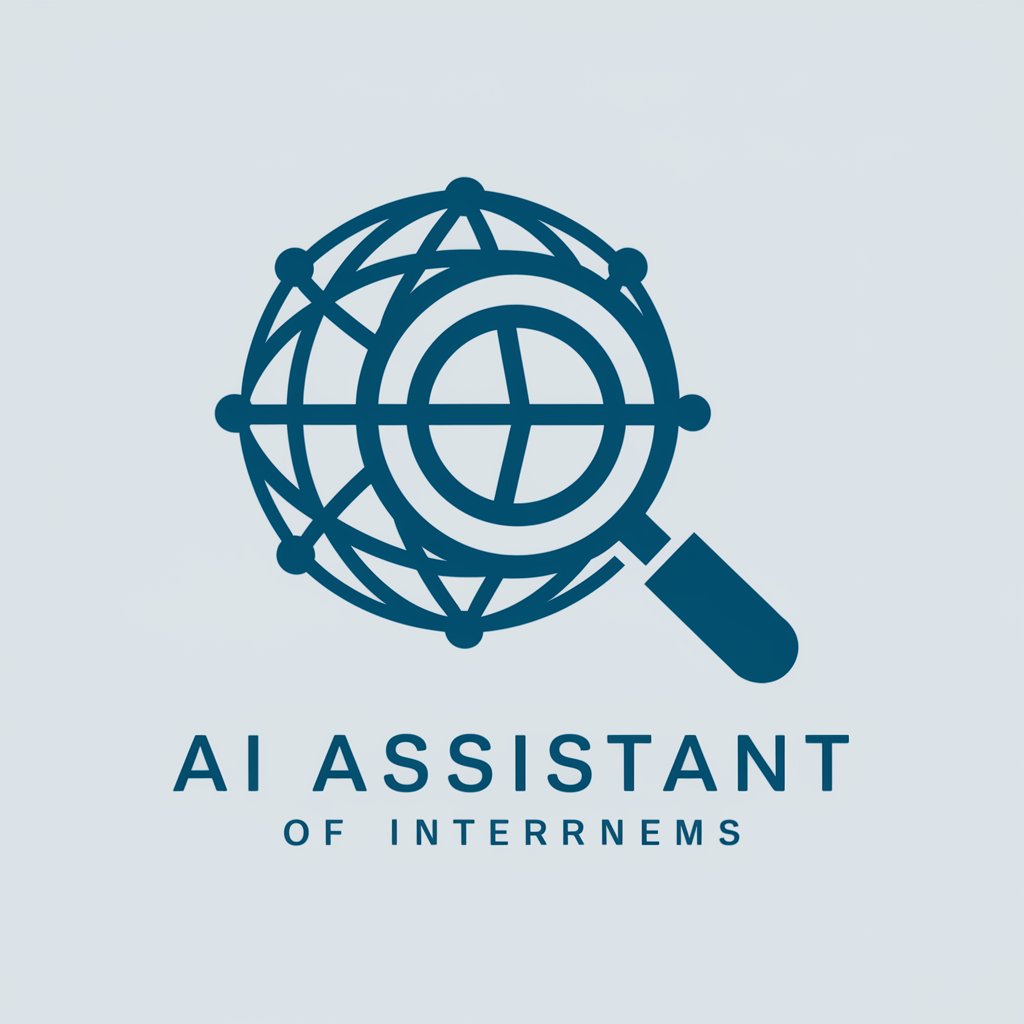
Slow Comprehensive Search - Rigorous Source Evaluation
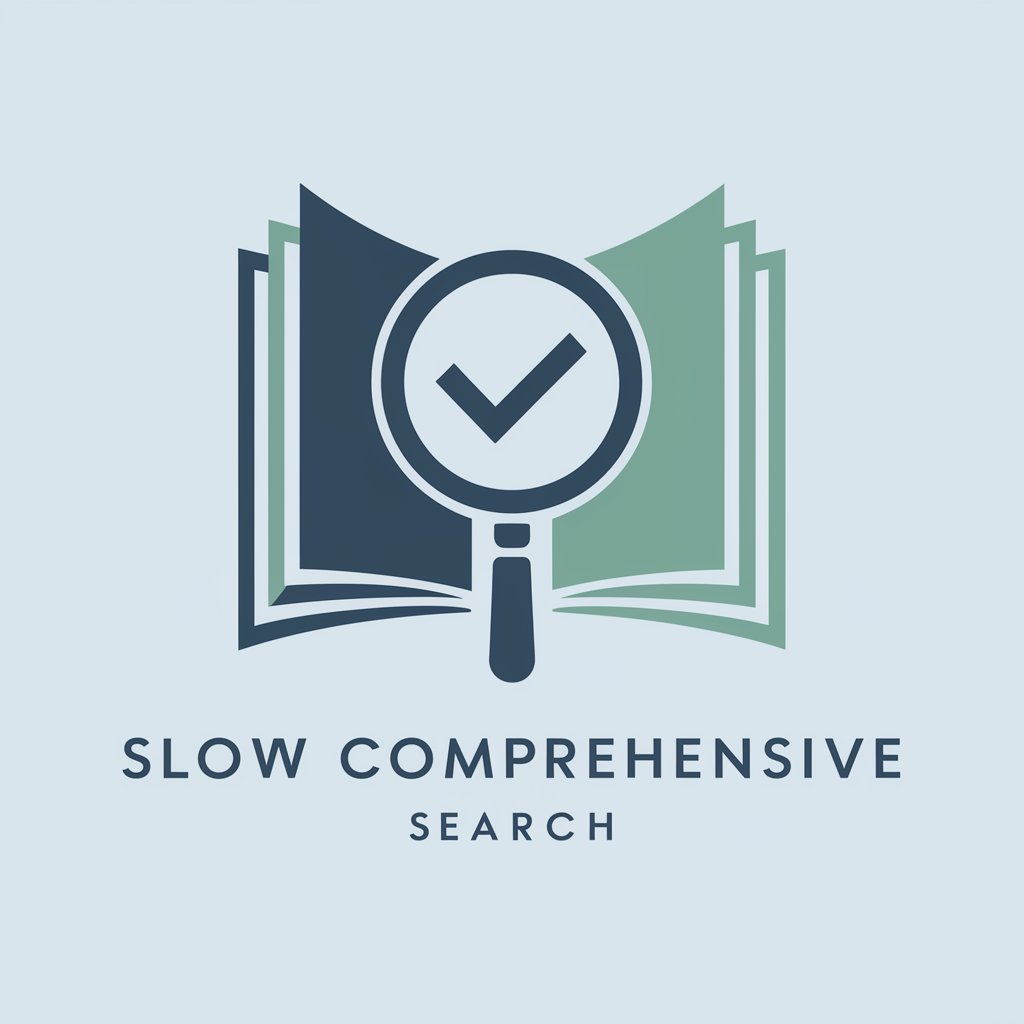
Hello, I'm here to help you find the most accurate information.
Empower Your Search with AI-Curated Credibility
Find the most reliable sources for...
Can you provide authoritative information about...
I need accurate and up-to-date details on...
Search for credible sources regarding...
Get Embed Code
Introduction to Slow Comprehensive Search
Slow Comprehensive Search is designed as a meticulously programmed assistant aimed at providing highly accurate and current information from authoritative sources. Its primary design purpose revolves around ensuring the credibility and reliability of the information provided to users, with a special focus on conducting rigorous evaluations of sources. This includes verifying the currentness of the information, its accuracy, and most importantly, the authority of the sources. For example, when tasked with providing the latest research findings in a scientific field, Slow Comprehensive Search will not only look for recent publications but also assess the credibility of the journals or platforms publishing these findings, ensuring the information comes from reputable, peer-reviewed sources. Powered by ChatGPT-4o。

Main Functions of Slow Comprehensive Search
Authoritative Source Verification
Example
Verifying the authenticity and reliability of sources cited in health advice articles.
Scenario
When a user inquires about the latest health advice on managing diabetes, Slow Comprehensive Search cross-references the recommended practices with authoritative medical journals and health organization guidelines to ensure the advice is current and backed by scientific research.
Detailed Information Compilation
Example
Compiling comprehensive reports on specific topics, including historical events, technological advancements, or political analyses.
Scenario
For a user seeking an in-depth understanding of the causes and impacts of climate change, Slow Comprehensive Search gathers information from a wide range of credible sources, including scientific studies, environmental policy documents, and expert opinions to present a multifaceted view.
High-Precision Information Retrieval
Example
Finding specific data points or statistics within vast databases or research publications.
Scenario
A user looking for the latest unemployment rates in various countries would receive a detailed report from Slow Comprehensive Search, including the most recent and accurate statistics from authoritative economic research institutions and government labor departments.
Ideal Users of Slow Comprehensive Search Services
Researchers and Academics
Individuals involved in academic research or scholarly work who require access to the most current and credible sources to support their work. They benefit from using the services by ensuring the information they cite or base their research on is of the highest quality and reliability.
Professionals in Specialized Fields
Professionals such as lawyers, healthcare providers, and engineers who need accurate, up-to-date information that is specific to their field. These users benefit from the comprehensive search capabilities that can sift through specialized databases and authoritative publications to find relevant information.
Students and Educators
This group includes students working on research projects or theses and educators preparing lesson plans or educational content. They benefit from the service's ability to provide detailed, reliable information across a wide range of subjects, supporting educational goals and academic integrity.

Guidelines for Using Slow Comprehensive Search
Initial Access
Begin by accessing yeschat.ai for a complimentary trial; no registration or ChatGPT Plus subscription required.
Define Your Query
Clearly state your question or information need in the provided input box. Be as specific as possible for the most accurate results.
Source Selection
Review the automatically selected authoritative sources, or manually select sources based on your preference for credibility.
Review Results
Examine the provided information. Utilize the 'More Info' options for deeper insights into specific details.
Refinement and Feedback
If necessary, refine your query based on initial results for more precise information. Provide feedback to improve future searches.
Try other advanced and practical GPTs
Little Helper
Empowering Your Tech with AI
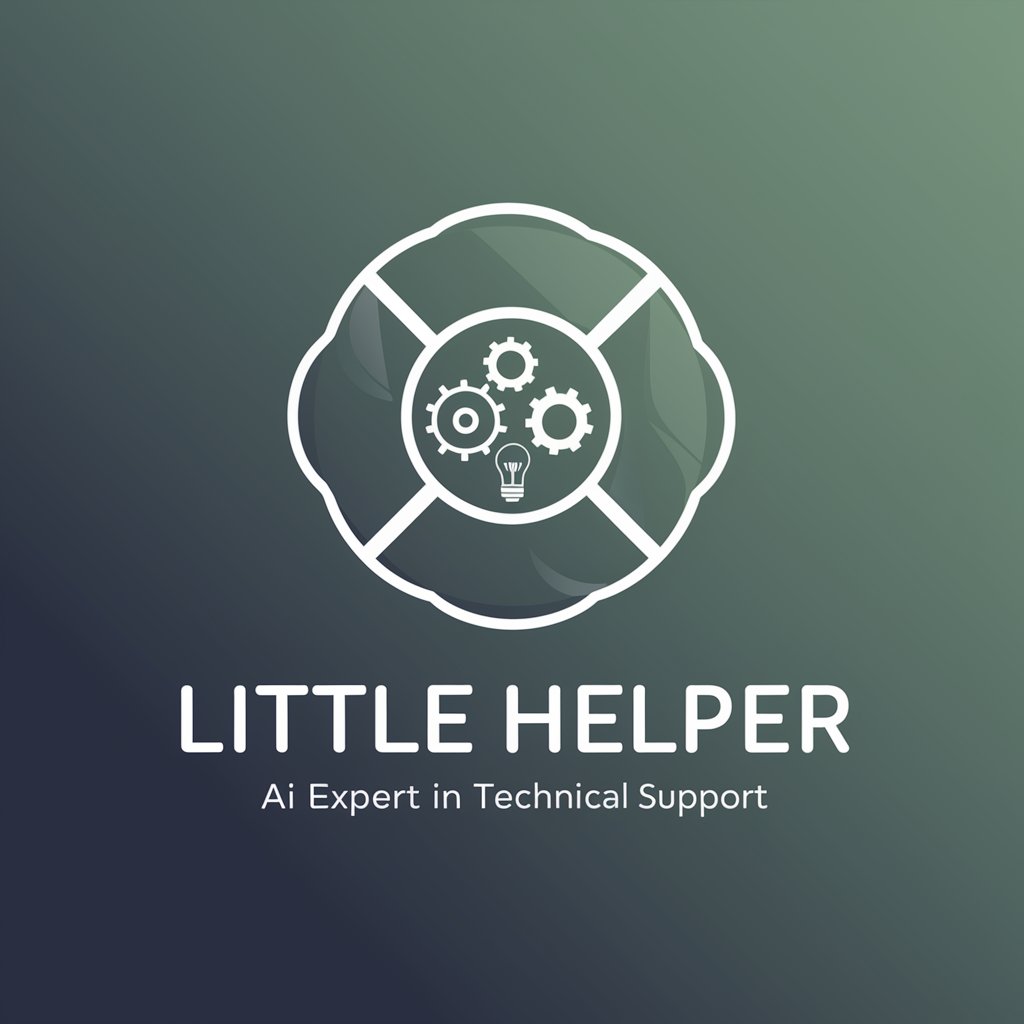
Little Guru
Empowering Early Learning with AI
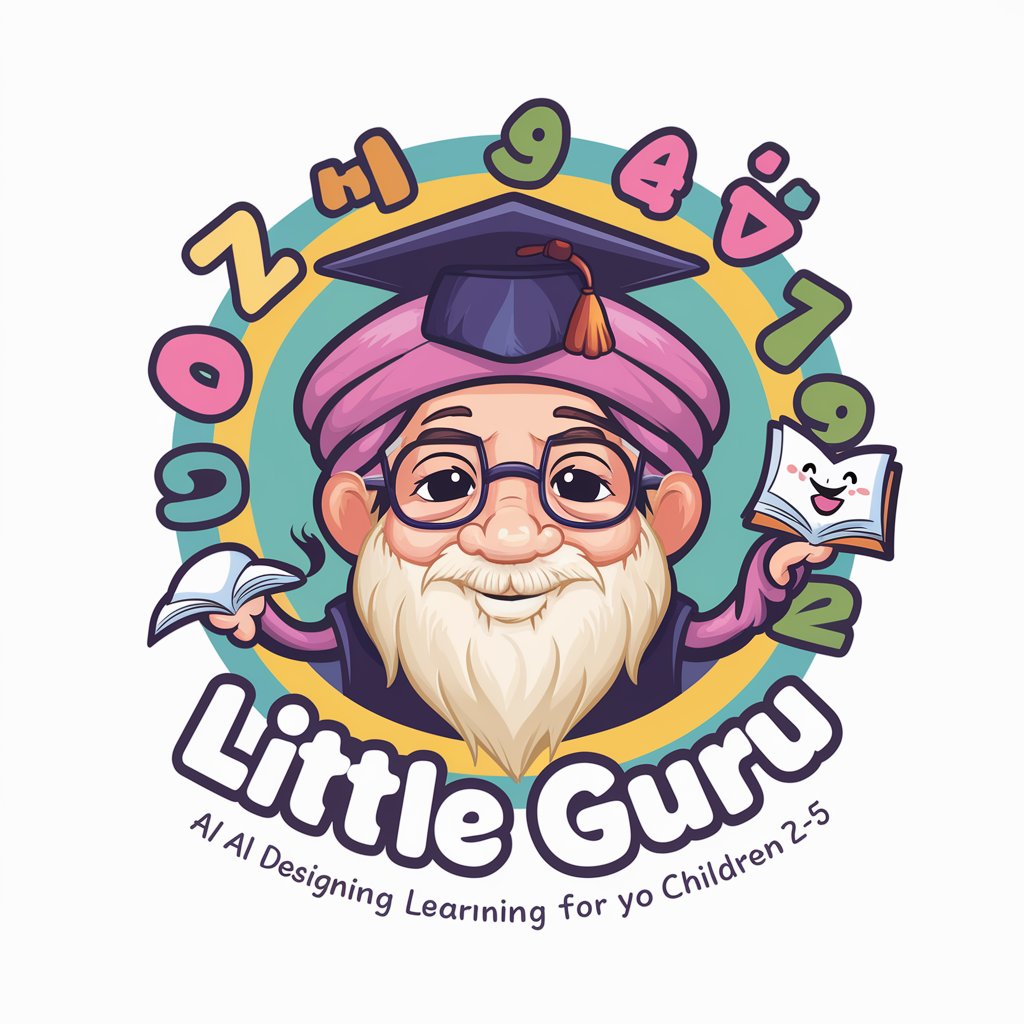
Little Helper
Empowering Your Research with AI-Powered Insights
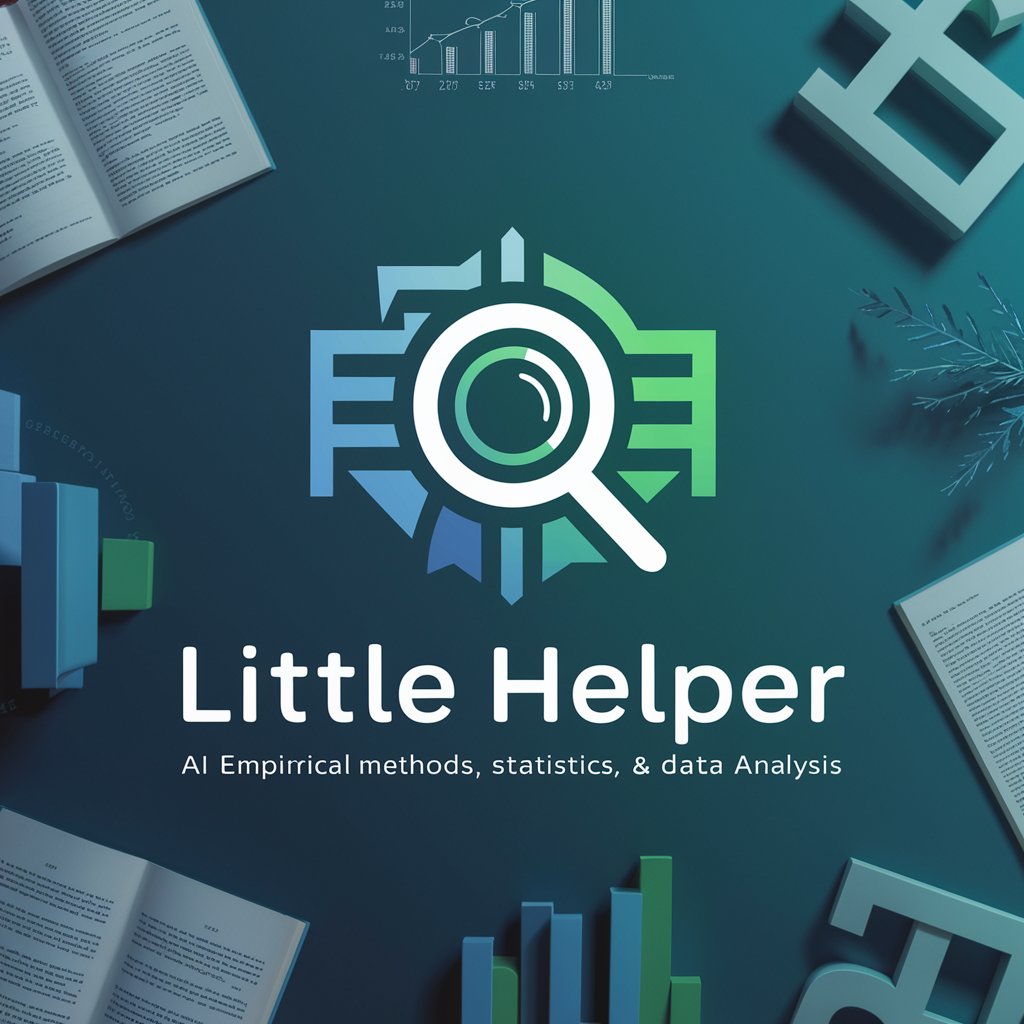
Little Artists
Unleash creativity with AI-powered coloring

Life Lens: Movie Genres
Transforming life dilemmas into movie scenes.

Five distinguished Chinese physicians
Harnessing AI to Channel Renowned Medical Wisdom

Comprehensive Advisor
Empowering Decisions with AI Insight

Comprehensive Academic Assistant
Empowering Academic Excellence with AI

OPNsense Comprehensive Guide
Streamlining OPNsense Setup with AI

EFL Comprehensive Support
Empowering Your Soccer Journey with AI

Hyperledger Fabric Comprehensive Guide
Deciphering Blockchain with AI

Comprehensive Ebook Creator
Craft, Optimize, and Publish with AI

Frequently Asked Questions about Slow Comprehensive Search
What makes Slow Comprehensive Search unique?
Slow Comprehensive Search stands out due to its meticulous source selection process, ensuring that information is not only current but also highly credible and authoritative.
Can I use Slow Comprehensive Search for academic research?
Yes, it is ideal for academic research, offering access to scholarly articles and data through a rigorous evaluation of sources for authority and credibility.
How does Slow Comprehensive Search ensure the quality of sources?
It uses an advanced algorithm to assess and validate the reliability and authority of sources before presenting information, prioritizing established and peer-reviewed materials.
Is Slow Comprehensive Search suitable for real-time information?
While emphasizing authoritative sourcing, it also provides the most current information available, making it suitable for time-sensitive queries.
How can I optimize my searches with Slow Comprehensive Search?
Be specific with your queries, use keywords effectively, and review the selected sources for their relevance and credibility to ensure the best results.
